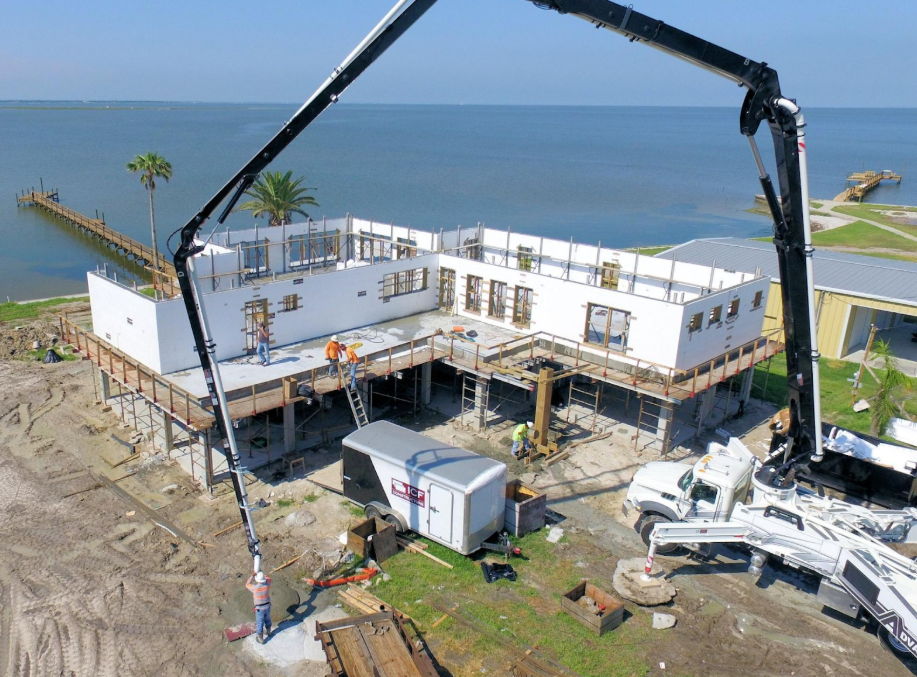
Understanding the Construction Process for an ICF Home Addition

ICF Home Construction in Colorado: Everything You Need to Know

Fiberglass Rebar vs. Steel Rebar: A Comprehensive Comparison
Reinforcing concrete with the right material can shape the success of any construction project. The debate surrounding fiberglass rebar vs steel rebar significantly impacts a structure’s performance, durability, and long-term costs.
Fox Blocks Goes to Washington
Insulated Concrete Form Manufacturer Fox Blocks brings its newly developed web-based BIM tools to a forum focused on Federal Asset Management.

How to Assess Contractors for Building with ICFs
Fox Blocks Recognized at 2013 ICF Builder Awards Projects from Five States Receive Awards
We are honored to be recognized with these five ICF Builder Awards. Fox Blocks won five awards in three categories, with projects from five different states.

What is Concrete Pumping and How Does It Work?
Concrete pumping has changed the way contractors place concrete on job sites. Rather than hauling heavy loads in wheelbarrows or relying on cranes and buckets, a concrete pump delivers liquid concrete through a system of hoses, pipes, or booms — directly to the point of placement.
Fox Blocks at Federal Asset Management Policy Forum and Expo
Fox Blocks Vice President Mike Kennaw and East Coast Sales Manager Brian Medford participated in the 3rd Annual Federal Asset Management Policy Forum and Expo in the Washington, D.C. area the week of October 17, 2016.

5 Disadvantages to DIY Concrete Foundation Forms
Before you begin your concrete foundation forms DIY project, consider these five disadvantages of DIY concrete form construction.

ICF Construction in Michigan - Everything You Need to Know